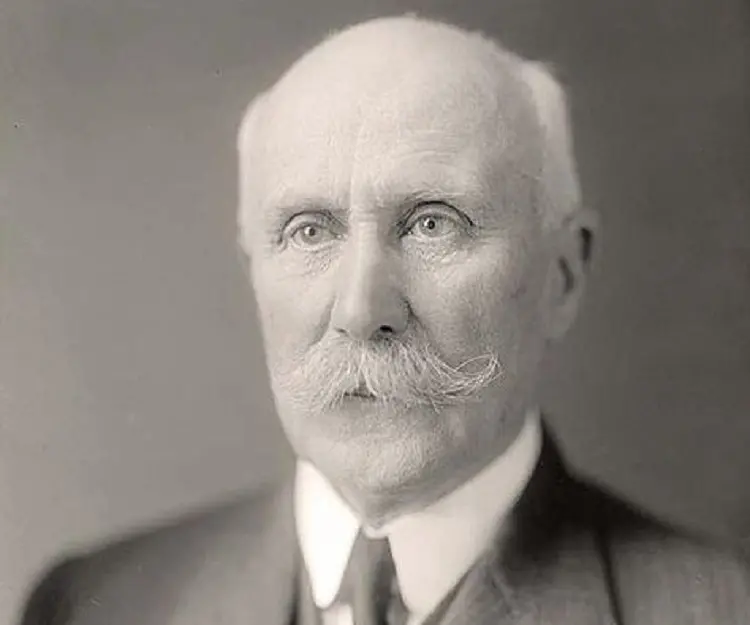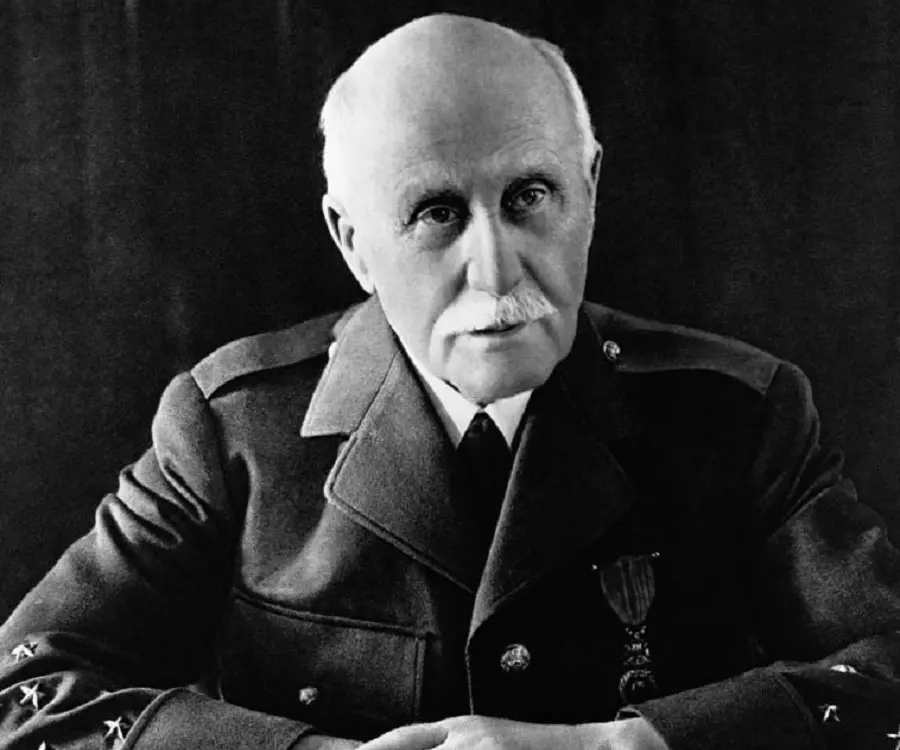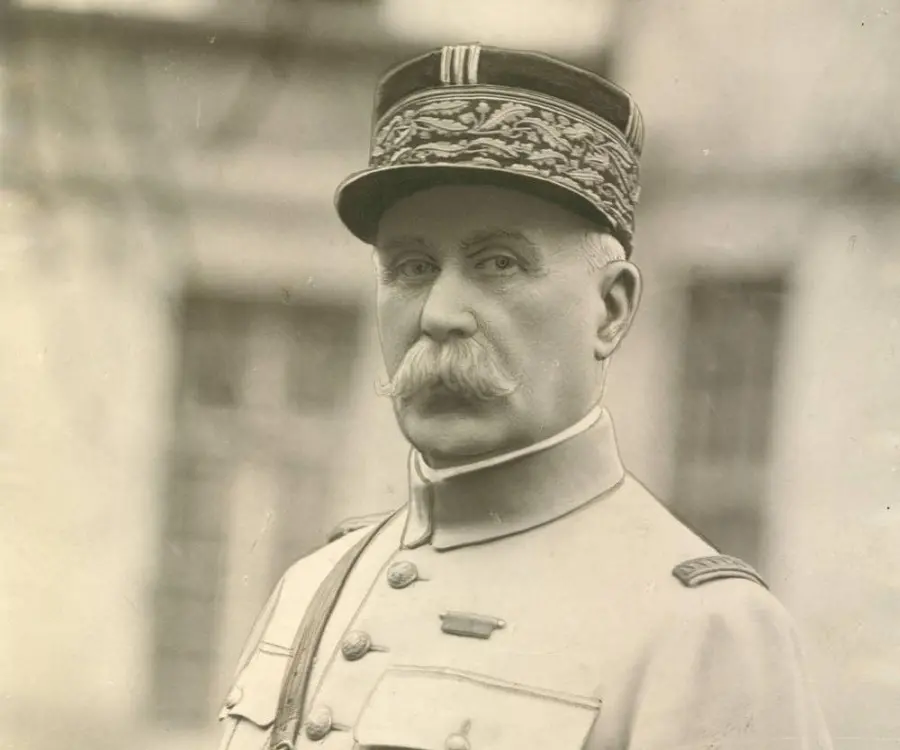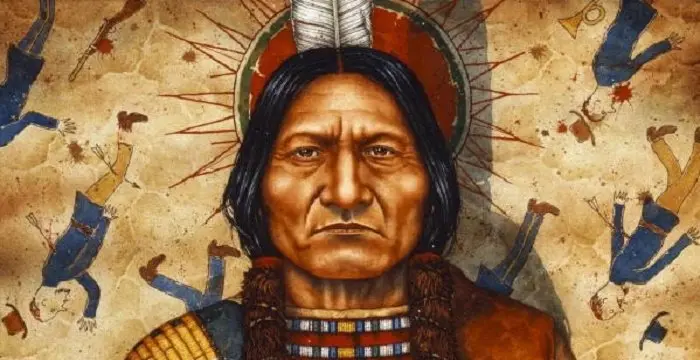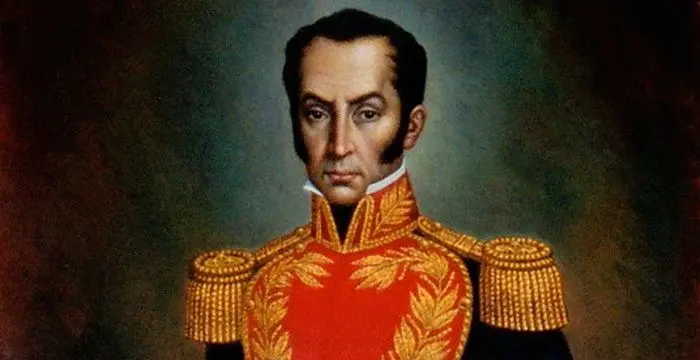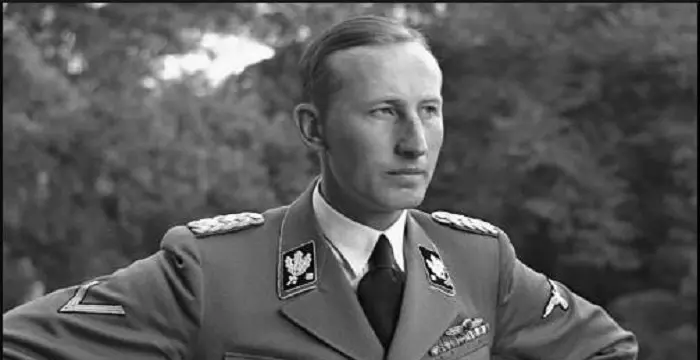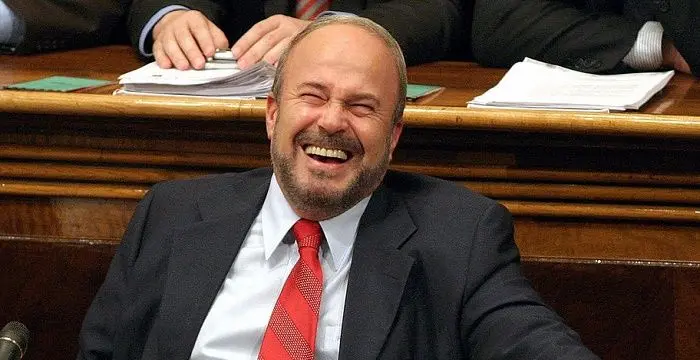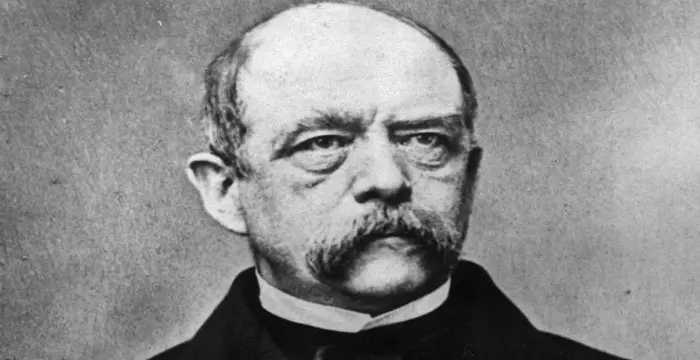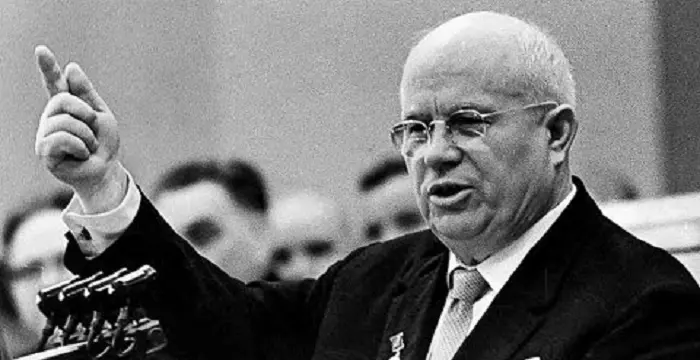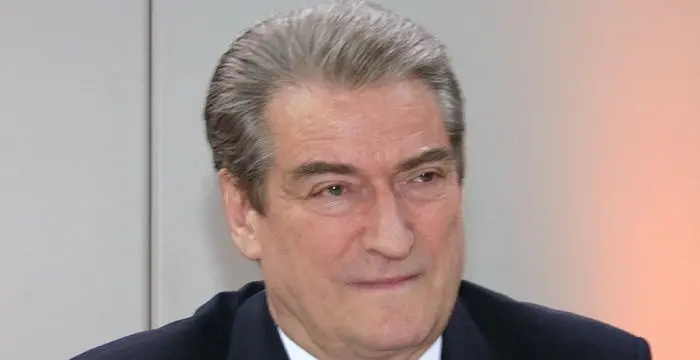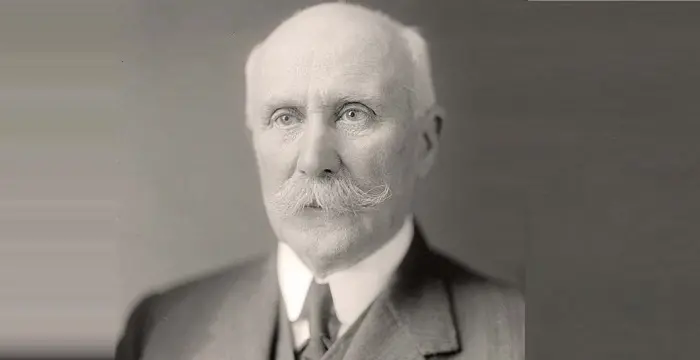
Philippe Pétain - Marshal of France, Family and Life
Philippe Pétain's Personal Details
Philippe Pétain was a French general who was declared a national hero in World War I but was later discredited and sentenced to death.
| Information | Detail |
|---|---|
| Birthday | April 24, 1856 |
| Died on | July 23, 1951 |
| Nationality | French |
| Famous | Leaders, Prime Ministers, Military Leaders, Marshal of France |
| Spouses | Eugénie Hardon Pétain |
| Known as | Henri Philippe Benoni Omer Joseph Pétain, Philippe Pétain, Marshal Pétain |
| Universities |
|
| Birth Place | Cauchy-à-la-Tour |
| Height | 169 |
| Gender | Male |
| Sun Sign | Taurus |
| Born in | Cauchy-à-la-Tour |
| Famous as | Marshal of France |
| Died at Age | 95 |
Philippe Pétain's photo
Who is Philippe Pétain?
Philippe Pétain was a French general who was declared a national hero in World War I but was later discredited and sentenced to death. Born to a farming family from northern France, he attended the local schools before joining the French army. After a series of World War I commands, Pétain was ordered to stop the massive German attack on the city of Verdun. He motivated his troops and reorganized the front lines as well as the transport systems, transforming a near-defeat situation into a successful defense. He earned much appreciation from the French government and military for this victory and subsequently became a national hero. After serving on a number of posts such as the Marshal of France, Minister of War and Secretary of State, he was appointed the Prime Minister of France at the start of World War II. With France under attack from Germany, Pétain entered a truce with the Germans which gave latter the control over most parts of France but left the remainder as a separate regime under Pétain, with its capital at Vichy. Later, with the Germans invading the unoccupied zone of France and the allied landings in France, Pétain was arrested by Nazis and sent to Germany. Pétain returned to France after the liberation where he was accused of treason and was put on trial. Subsequently, he was sentenced to solitary confinement for life and died at the age of 95 in prison.
// Famous Leaders
Edi Rama
Edi Rama is the current Prime Minister of Albania. Check out this biography to know about his childhood, life, achievements, works & timeline.
Tecumseh
Tecumseh was a Native American leader of the Shawnee clan. This biography profiles his childhood, life and timeline.
Khalifa bin Zayed Al Nahyan
Sheikh Khalifa bin Zayed Al Nahyan is the current President of the United Arab Emirates (UAE). Check out this biography to know about his birthday, childhood, family life, achievements and fun facts about him.
Childhood & Early Life
Philippe Pétain, full name Henri-Philippe Benoni Omer Joseph Pétain, was born on April 24, 1856, in Cauchy-à-la-Tour, Pas-de-Calais, Second French Empire. His father, Omer-Venant, was a farmer.
Philippe went to a local village school, followed by a religious secondary school before being admitted to Saint-Cyr military academy in 1876.
In 1887, he was enrolled at the École Supérieure de Guerre, an army war college, in Paris.
Career
Until the age of 58, Philippe Pétain served in various garrisons with different battalions of the Chasseurs à pied. He alternated between staff as well as regimental assignments but did not had any active-duty experience.
In 1914, he was given command of a brigade and after distinguishing himself at the ‘Battle of the Marne’, he was appointed a full general in 1915 and took command of the 11th Army.
In 1916, when the Germans undertook a massive concentrated attack on the fortress city of Verdun, Pétain was ordered to stop them at all costs. Though the situation was practically hopeless, he instilled enthusiasm in his troops, and skillfully reorganized both the front and the transport systems. As a result, the French army was successful in defeating the Germans and Pétain was crowned a national hero.
Subsequently, when serious mutinies erupted in the French army following the ill-considered offensives of General Nivelle, then French commander in chief, Pétain was named his successor. Upon assuming the command, he quickly restored order by combining strict disciplinary measures with a caring attitude towards his troops.
In November 1918, he was named the Marshal of France and later became the Vice president of the Supreme War Council.
In 1922, after being appointed as the inspector general of the army, he used his power to position French military planning along defensive lines.
In 1934, Pétain entered politics as Minister of War and later became an Ambassador to Spain.
At the outbreak of World War II, Pétain was appointed the Deputy Prime Minister in May 1940. Soon, he succeeded Paul Reynaud as the Prime Minister of France and was asked to form a new government, which would negotiate a truce with the Germans.
In June 1940, Pétain concluded an settlement with the Nazis that divided France into two zones; the north and the Atlantic coastline under German military occupation, while the rest of France under Pétain's direct administration with its capital as Vichy.
Later, after obtaining full constituent powers in the national assembly, Pétain became the Chief of State and started constructing an authoritarian regime.
In 1942, following the Allied landings in North Africa and the German occupation of Vichy France, Pétain’s position was reduced to that of merely a figurehead.
In August 1944, after the liberation of France, the Germans transferred Pétain and other members of the French cabinet from Vichy to Germany. The following year, he was taken to the Swiss border and crossed the French frontier.
Upon returning to France, he was brought to trial on charges of treason and was subsequently sentenced to death in August 1945. Soon, his punishment was converted to solitary confinement for life. He was imprisoned in a fortress on the Île d’Yeu off the Atlantic coast, where he died at the age of 95.
Major Works
As General of the French battalion during World War I, he won much fame and respect for his successful defense of Verdun against the Germans in 1916.
He was appointed the commander-in-chief of the French Army and was successful in restoring morale in the French army after a series of mutinies in 1917.
Awards & Achievements
He was awarded the ‘Legion of Honor’, a French order established by Napoleon Bonaparte which is of the highest decoration in France.
He also received the prestigious Military Medal (Spain), a high military award of Spain, in recognition of his battlefield bravery.
Personal Life & Legacy
On September 14, 1920, Pétain married an old lover, Eugénie Hardon, who had been divorced from François de Hérain. The couple had no children together and remained married until Pétain's death.
Philippe Petain died on July 23, 1951, while serving his sentence on the Ile d'Yeu, an island off the coast of Brittany, at the age of 95. He was buried in a Marine cemetery near the prison.
// Famous Military Leaders
Sitting Bull
Sitting Bull was a Teton Dakota Indian chief who led Sioux tribes in their struggle for survival on the North American Great Plains.
Simon Bolivar
Simón Bolívar was a Venezuelan military leader who was instrumental in independence of several Latin American countries from the Spanish rule. This biography profiles his childhood, life, achievements and timeline.
Reinhard Heydrich
Reinhard Heydrich was a high-ranking German Nazi official during the World War II. Check out this biography to know about his childhood, family life, achievements and other facts about his life.
Philippe Pétain's awards
| Year | Name | Award |
|---|---|---|
Other | ||
| 0 | Marshal of France | |
| 0 | Legion of Honour | |
| 0 | Military Medal | |
Philippe Pétain biography timelines
- // 24th Apr 1856Philippe Pétain, full name Henri-Philippe Benoni Omer Joseph Pétain, was born on April 24, 1856, in Cauchy-à-la-Tour, Pas-de-Calais, Second French Empire. His father, Omer-Venant, was a farmer.
- // 1876Philippe went to a local village school, followed by a religious secondary school before being admitted to Saint-Cyr military academy in 1876.
- // 1887In 1887, he was enrolled at the École Supérieure de Guerre, an army war college, in Paris.
- // 1914 To 1915In 1914, he was given command of a brigade and after distinguishing himself at the ‘Battle of the Marne’, he was appointed a full general in 1915 and took command of the 11th Army.
- // 1916In 1916, when the Germans undertook a massive concentrated attack on the fortress city of Verdun, Pétain was ordered to stop them at all costs. Though the situation was practically hopeless, he instilled enthusiasm in his troops, and skillfully reorganized both the front and the transport systems. As a result, the French army was successful in defeating the Germans and Pétain was crowned a national hero.
- // 1916As General of the French battalion during World War I, he won much fame and respect for his successful defense of Verdun against the Germans in 1916.
- // 1917He was appointed the commander-in-chief of the French Army and was successful in restoring morale in the French army after a series of mutinies in 1917.
- // Nov 1918In November 1918, he was named the Marshal of France and later became the Vice president of the Supreme War Council.
- // 14th Sep 1920On September 14, 1920, Pétain married an old lover, Eugénie Hardon, who had been divorced from François de Hérain. The couple had no children together and remained married until Pétain's death.
- // 1922In 1922, after being appointed as the inspector general of the army, he used his power to position French military planning along defensive lines.
- // 1934In 1934, Pétain entered politics as Minister of War and later became an Ambassador to Spain.
- // May 1940At the outbreak of World War II, Pétain was appointed the Deputy Prime Minister in May 1940. Soon, he succeeded Paul Reynaud as the Prime Minister of France and was asked to form a new government, which would negotiate a truce with the Germans.
- // Jun 1940In June 1940, Pétain concluded an settlement with the Nazis that divided France into two zones; the north and the Atlantic coastline under German military occupation, while the rest of France under Pétain's direct administration with its capital as Vichy.
- // 1942In 1942, following the Allied landings in North Africa and the German occupation of Vichy France, Pétain’s position was reduced to that of merely a figurehead.
- // Aug 1944In August 1944, after the liberation of France, the Germans transferred Pétain and other members of the French cabinet from Vichy to Germany. The following year, he was taken to the Swiss border and crossed the French frontier.
- // Aug 1945Upon returning to France, he was brought to trial on charges of treason and was subsequently sentenced to death in August 1945. Soon, his punishment was converted to solitary confinement for life. He was imprisoned in a fortress on the Île d’Yeu off the Atlantic coast, where he died at the age of 95.
- // 23rd Jul 1951Philippe Petain died on July 23, 1951, while serving his sentence on the Ile d'Yeu, an island off the coast of Brittany, at the age of 95. He was buried in a Marine cemetery near the prison.
// Famous Prime Ministers
Edi Rama
Edi Rama is the current Prime Minister of Albania. Check out this biography to know about his childhood, life, achievements, works & timeline.
Leo Varadkar
Cam Leo Varadkar is the current Taoiseach—the Prime Minister—of the Republic of Ireland. Check out this biography to know about his childhood, family life, achievements and other facts about his life.
Fatos Nano
Fatos Nano is an Albanian politician who served as Prime Minister of Albania for several times. Check out this biography to know about his childhood, life, achievements, works & timeline.
Otto von Bismarck
Otto von Bismarck served as the Chancellor of Germany and the Prime Minister of Prussia. He unified the German states into a powerful German empire. This biography profiles his childhood, political career, life, achievements and timeline.
Nikita Khrushchev
Nikita Khrushchev was a former Soviet premier. This biography gives detailed information about his childhood, life, achievements and timeline.
Sali Berisha
Sali Berisha is an Albanian politician who served as the President and the Prime Minister of Albania. Check out this biography to know about his childhood, life, achievements, works & timeline.
Philippe Pétain's FAQ
What is Philippe Pétain birthday?
Philippe Pétain was born at 1856-04-24
When was Philippe Pétain died?
Philippe Pétain was died at 1951-07-23
Where was Philippe Pétain died?
Philippe Pétain was died in Île d'Yeu
Which age was Philippe Pétain died?
Philippe Pétain was died at age 95
Where is Philippe Pétain's birth place?
Philippe Pétain was born in Cauchy-à-la-Tour
What is Philippe Pétain nationalities?
Philippe Pétain's nationalities is French
Who is Philippe Pétain spouses?
Philippe Pétain's spouses is Eugénie Hardon Pétain
What was Philippe Pétain universities?
Philippe Pétain studied at École spéciale militaire de Saint-Cyr, École Supérieure de Guerre
How tall is Philippe Pétain?
Philippe Pétain's height is 169
What is Philippe Pétain's sun sign?
Philippe Pétain is Taurus
How famous is Philippe Pétain?
Philippe Pétain is famouse as Marshal of France
